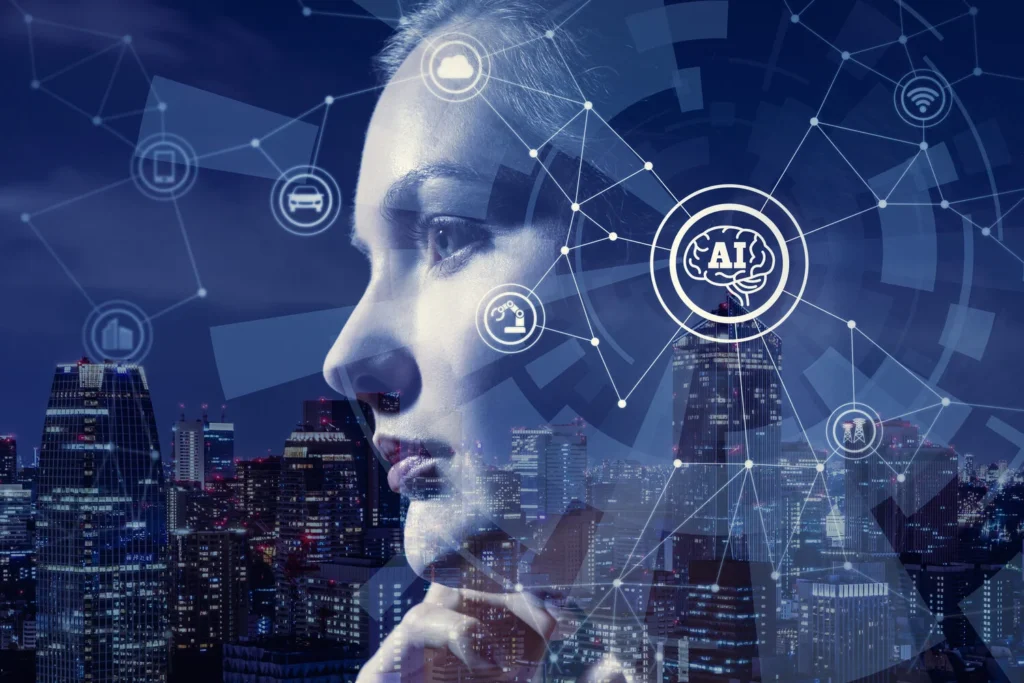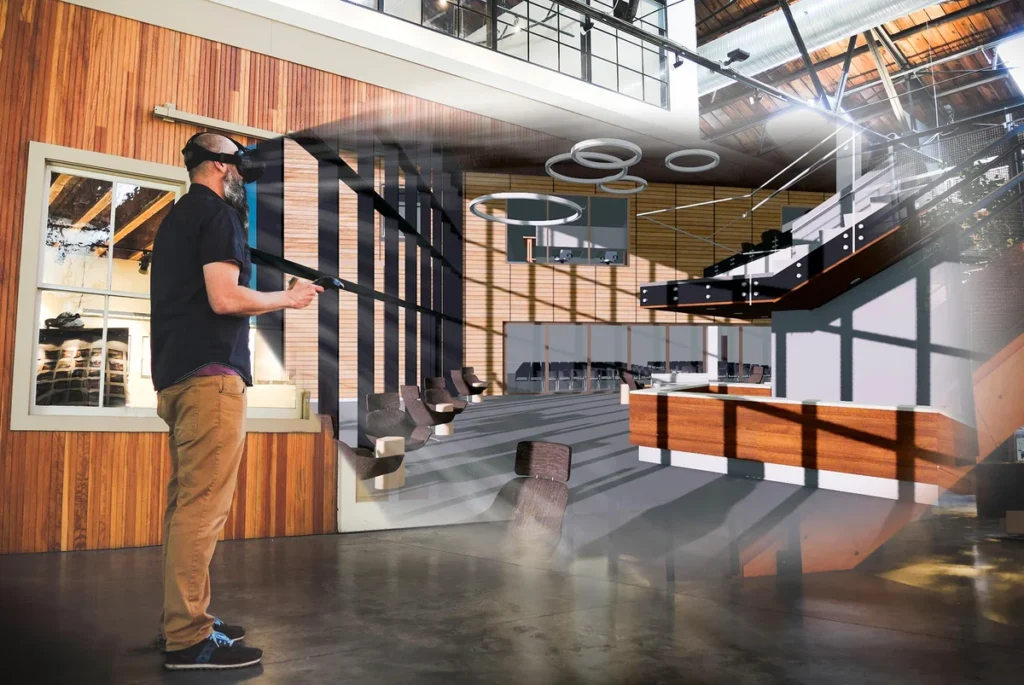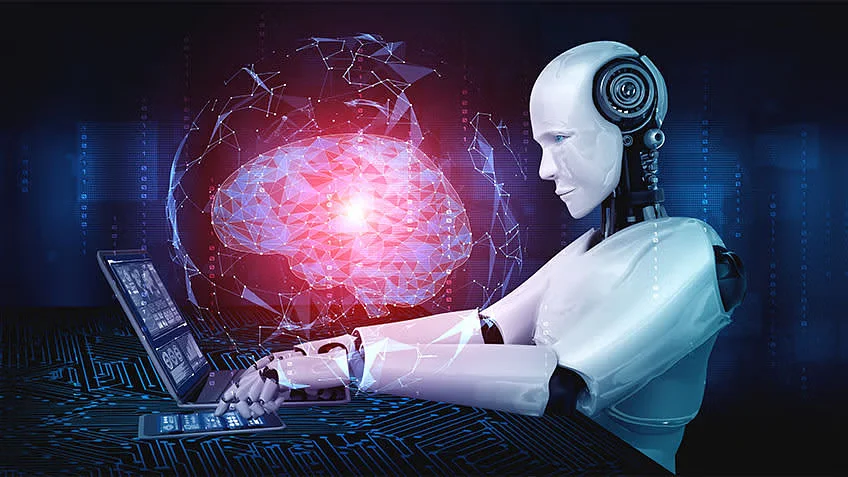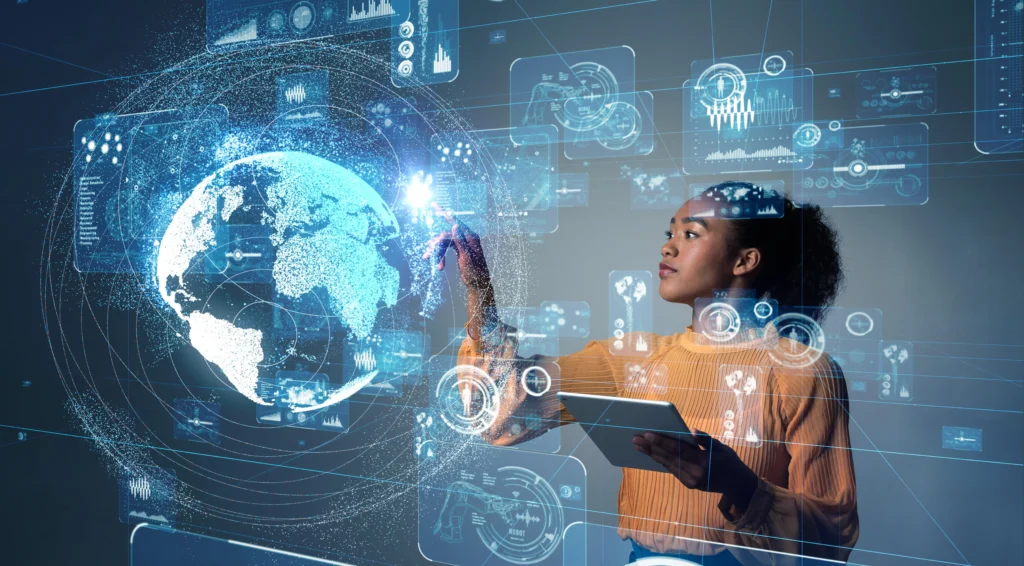The rapid rise of artificial intelligence (AI) is transforming industries and reshaping the job market. While some fear that AI will lead to widespread job losses, others see it as an opportunity to enhance productivity and unlock human potential. So, what does the future of work look like in this new AI-driven world? Let’s explore the trends, challenges, and opportunities ahead.
The Automation Wave: What’s at Stake?
AI’s capacity to process data, recognize patterns, and perform repetitive tasks with precision is already disrupting industries. Jobs that are rule-based and involve manual labor—such as data entry, manufacturing, and basic customer service—are increasingly automated. A 2023 World Economic Forum report predicts that by 2030, up to 85 million jobs could be displaced globally due to automation. However, AI is also expected to create 97 million new roles, emphasizing the need for workers to develop new skills and adapt to the evolving job market.
The Rise of Hybrid Roles
Rather than fully replacing jobs, AI is transforming them. The future of work will be about humans working alongside machines. We are already seeing the rise of hybrid roles that combine human expertise with AI capabilities. For example:
- Healthcare: AI helps doctors analyze medical imaging, but human judgment is essential for diagnosis.
- Marketing: AI generates ad copy or predicts consumer behavior, but creative storytelling remains a human strength.
- Education: AI tutors personalize learning, yet teachers continue to provide mentorship and critical thinking.
These hybrid roles will require technical expertise, alongside soft skills like problem-solving, empathy, and collaboration—qualities that AI cannot yet replicate.
The Skills of Tomorrow
As AI handles routine tasks, human-centric skills such as creativity, emotional intelligence, and adaptability will become more valuable. Familiarity with AI tools will be essential in many fields, with coding, data analysis, and system management being key technical competencies. At the same time, “meta-skills” such as quick learning, critical thinking, and navigating uncertainty will be prized.
Lifelong learning will be crucial for staying competitive in the workforce, with continuous upskilling via formal education or on-the-job training becoming the norm.
New Industries, New Opportunities
AI isn’t only reshaping existing jobs; it’s creating entirely new industries. Roles like AI ethicists, virtual reality designers, and sustainability analysts are emerging to address the ethical, experiential, and environmental challenges brought on by AI. Entrepreneurs and small businesses will also benefit from AI tools, which democratize access to advanced technologies and empower startups to optimize operations, analyze markets, and engage customers with minimal resources.


The Challenges Ahead
Despite its potential, the AI era poses challenges. Job displacement could exacerbate inequality, especially in regions with less access to technology or education. Governments, companies, and educational institutions must collaborate to offer reskilling programs, update curricula, and ensure equitable access to technology.
Another challenge is the search for fulfillment. As AI takes over routine tasks, will workers find meaning in the work that remains? This could require a cultural shift that redefines work, emphasizing creativity and human connection over productivity alone.
A Human-Centric Future
The future of jobs in the AI era is not about machines taking over; it’s about enhancing human capabilities. AI will handle the repetitive and analytical, while humans will focus on the imaginative, creative, and interpersonal. The key to success will be adaptability, resilience, and a commitment to lifelong learning. If we embrace these qualities, we can create a future where AI and humans work together to unlock new potential and define the future of work.
The question isn’t whether AI will change jobs—it’s how we shape that change. By investing in education, ethics, and empathy, we can ensure that the AI era leads to a golden age of work, where technology helps us reach our highest potential.


The Path Forward: Defining the Future
To thrive in the AI era, we must think critically about AI’s role in work and society. This includes prioritizing ethical considerations and ensuring AI is used responsibly in sectors like education and healthcare. If we can navigate these challenges thoughtfully, the AI-powered future of work could be one where technology frees us to pursue what truly matters.

